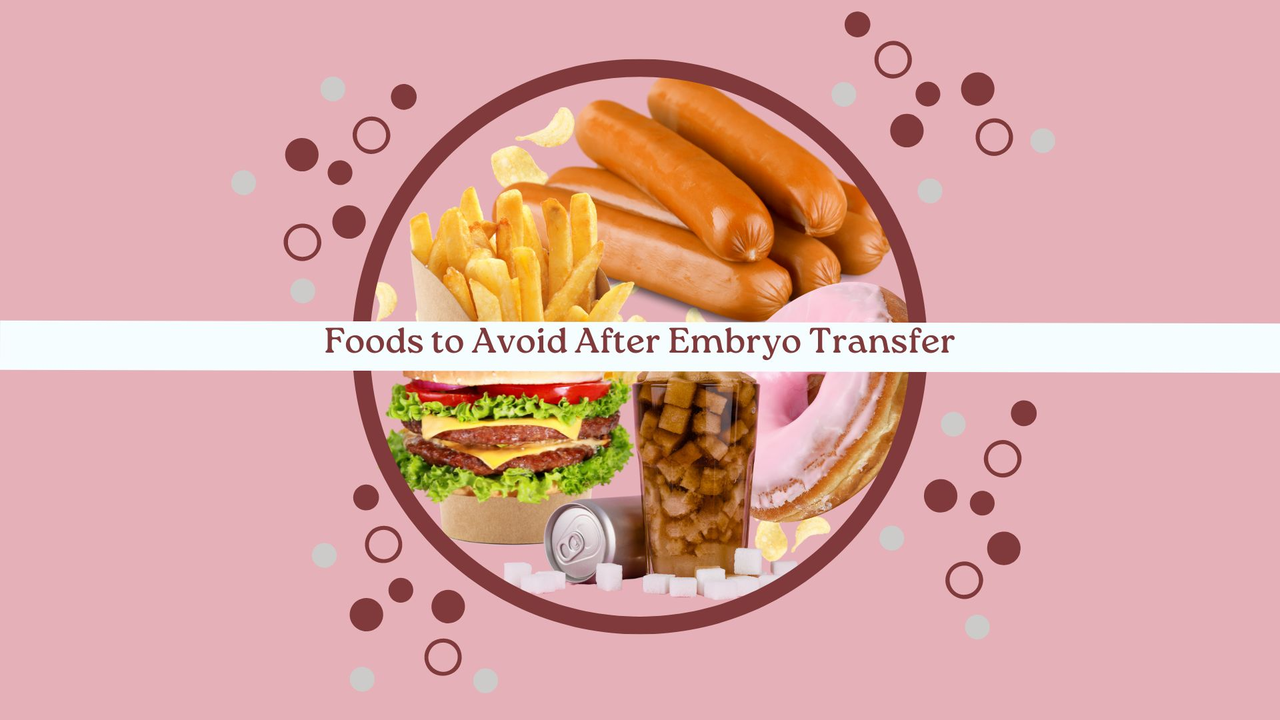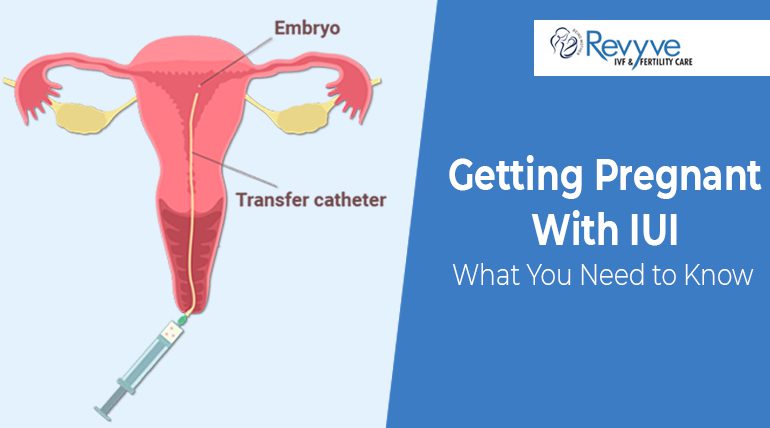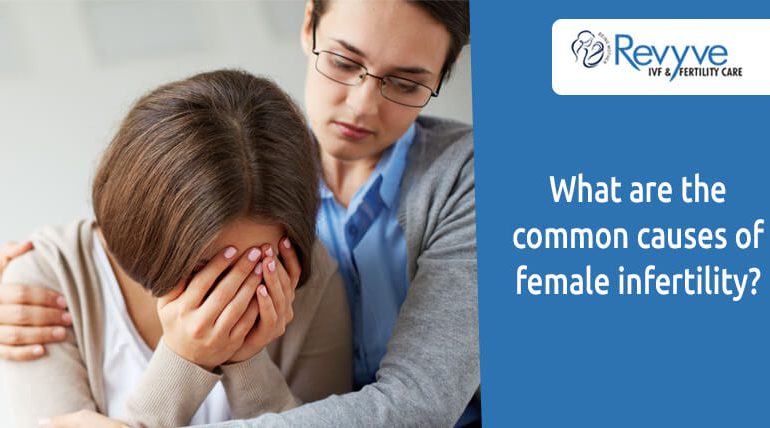Consuming meats and seafood that are not thoroughly cooked may harbour harmful bacteria, heightening the likelihood of contracting foodborne illnesses.
You can must avoid 10 Foods:-
- Caffeine:- It is a must to maintain a healthy and balanced diet during the embryo transfer process, which includes limiting caffeine intake as recommended by your healthcare provider.
- Alcohol:- It is strongly advised to avoid alcohol during this time to provide the best environment for implantation and early embryo development. Instead, focus on nourishing your body with nutrient-rich foods and staying hydrated to support the best possible outcome.
- Highly Processed Foods:- Highly processed foods are known to contain high amounts of unhealthy fats, added sugars, and additives that can be harmful not just to fertility, but also to overall health. It’s always a good idea to opt for fresh, whole foods whenever possible.
- Raw Seafood:- Raw seafood such as sushi or oysters, may carry harmful bacteria like salmonella or listeria, which can lead to food poisoning. To ensure the safety of your meals, it’s crucial to thoroughly cook all seafood before consuming it. This will help kill any bacteria that may be present and greatly reduce the risk of foodborne illness.
- Sugary Treats:- Intense sugar consumption can cause inflammation in the body, I have advised it to have effects on both fertility and overall health. It is important to be mindful of your sugar intake and to try to limit it as much as possible to maintain good health.
- Soy Products:- Minimize soy-based foods to reduce access to compounds that could potentially disrupt hormonal balance and impact fertility.
- High-Mercury Fish:- Fish such as sharks and swordfish are known to have high mercury levels, Which is very harmful to both pregnant women and embryos. It is essential to opt for low-mercury fish options to avoid any negative impacts on reproductive health and the developing embryo.
- Excess Salt:- It is necessary to aim for a balanced sodium intake to maintain proper fluid balance and minimize the risk of water retainer. Opt for low-sodium alternatives and incorporate a variety of fresh and whole foods into your diet.
- Trans Fats:- Which is unhealthy fats such as trans fats have been linked to systemic swelling, which can interfere with fertility and another side of reproductive health.
- Unpasteurized Dairy:- It is advised to stick to pasteurized dairy options. Pasteurization is a process that involves heating milk to eliminate harmful bacteria, making it a safer choice for individuals, especially pregnant women, to undergo the embryo transfer process.
Conclusion:- In conclusion, maintaining a cautious dietary approach after embryo transfer is vital for optimizing the chances of a successful outcome during the IVF journey. Steering clear of certain foods known to potentially impact implantation and embryo development can significantly contribute to the overall success of the procedure. By adhering to guidelines provided by trusted sources such as Revyve IVF Centre, under the guidance of experts like Dr Sarita, patients can empower themselves with the knowledge to make informed choices during this critical phase. Remember, your journey with IVF at an esteemed centre like the IVF Centre in Faridabad is a partnership between you, your medical team, and the choices.




